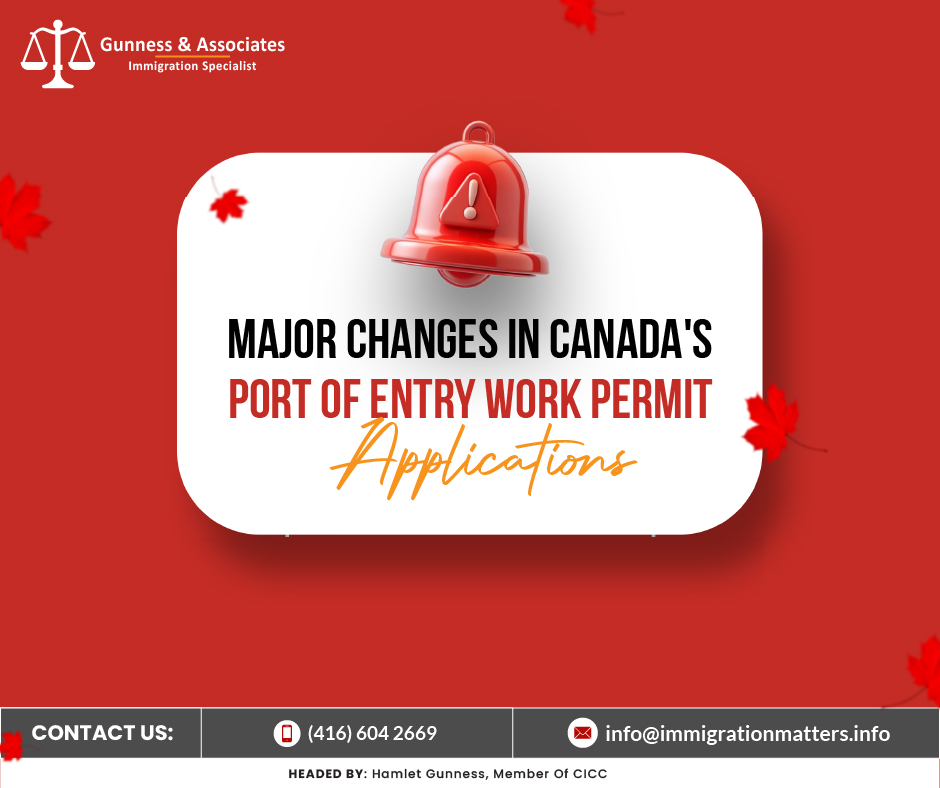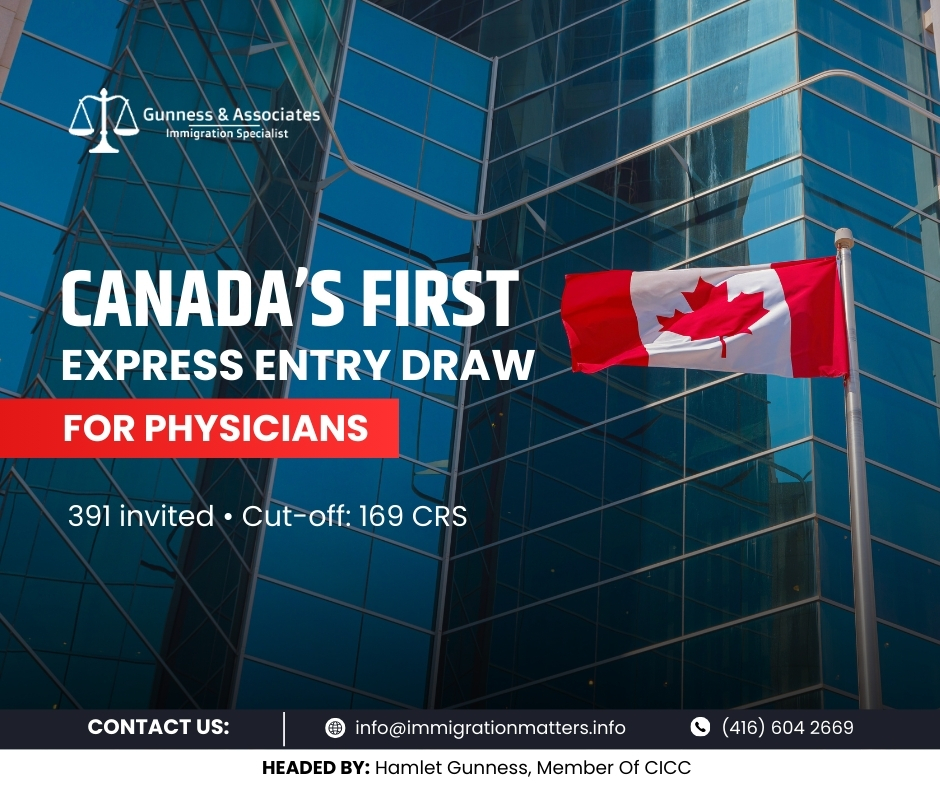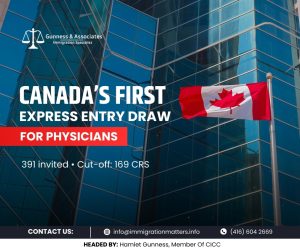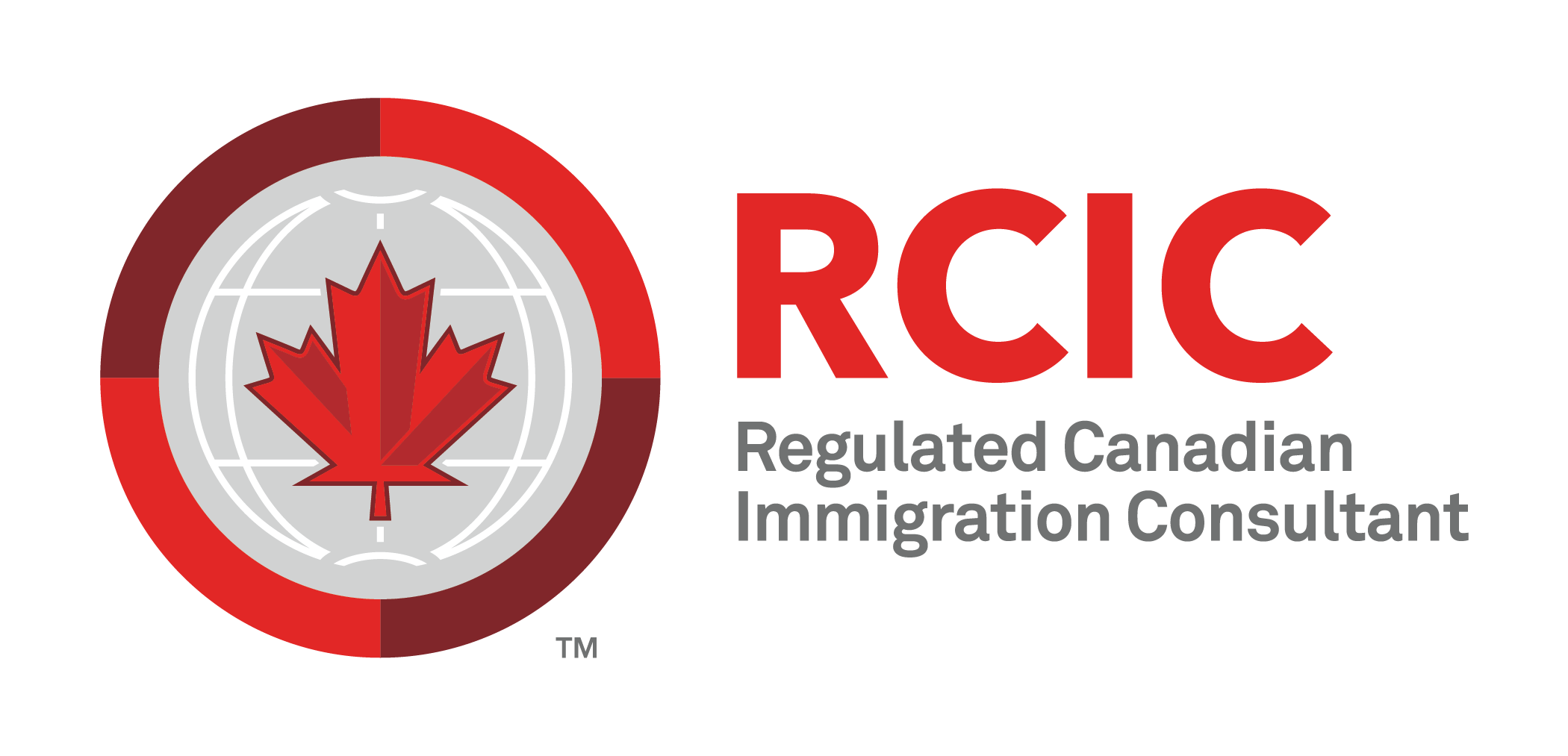IRCC Introduces New Clarity and Efficiency in Canada Port of Entry Work Permit Applications
May 15, 2025

Canada Work Permit Applications are still changing as the nation reinforces and simplifies its immigration regulations to serve foreign workers better and meet the nation’s increasing labour market demands. As of May 7, 2025, Immigration, Refugees and Citizenship Canada (IRCC) has updated its policies regarding work permit applications at Canadian ports of entry (POEs). These changes have the purpose to introduce more transparency, consistency, and clarity in the application procedure and continue to make room for qualified applicants with main exemptions.
This new declaration makes Canada’s commitment to the integration of world talent and a well-functioning, rules-based system that benefits applicants and immigration officials even clearer.
Canada Port of Entry Requirements
The revised IRCC guidelines, which come into effect on May 7, 2025, outline the regulations for who is eligible to apply for a work permit at a port of entry in Canada. Although most foreign nationals will still have to apply for a Work Permit outside of Canada, some categories of applicants can apply at a POE under specifically outlined circumstances. This update allows for smoother processing at borders and assists IRCC and CBSA officers in making consistent, well-educated decisions.
Who Can Still Apply for Work Permit Applications at Canada’s Port of Entry?
IRCC has reaffirmed that specific groups of foreign nationals remain eligible to apply for work permits directly at the border. These include:
1. U.S. Citizens and U.S. Permanent Residents
Under current arrangements and close cross-border relationships, American citizens and Green Card holders are still able to present their Work Permit Applications at a Canadian port of entry (POE). This is convenient and flexible for American workers wishing to pursue employment opportunities in Canada.
2. Professionals Covered Under Free Trade Agreements (FTAs)
Foreign professionals who are beneficiaries of priority Free Trade Agreements like CUSMA (formerly NAFTA), CETA, CPTPP, and others continue to be eligible to apply at the border through Work Permit Applications. The agreements facilitate the flow of highly skilled workers between member states and are a significant tool in assisting Canadian employers with access to in-demand global talent in a timely and efficient manner.
3. Truck Drivers with Pre-Existing Work Permits
In appreciation of the critical function played by truck drivers in sustaining trade and supply chains, qualified truck drivers who have possessed Canadian work permits in the past can continue to apply for their Work Permit Applications at POEs. The exemption provides for a smooth transition and operation of employers that are dependent on seasoned transportation experts.
The Impact of IRCC’s Work Permit Update: Faster, Clearer, and More Transparent
This explanation is more than a policy revision — it’s a move towards reforming the Work Permit Applications process and decreasing uncertainty for applicants and Canadian border agents alike.
By explicitly stating which groups can apply at the border, the new policy is more transparent and efficient in dealing with Work Permit Applications.
- Reduces backlogs and miscommunications at border points.
- Empowers applicants by delivering accurate guidance.
- Enhances compliance with Canadian immigration legislation.
- Supports important industries such as transportation and cross-border commerce.
In addition, these changes improve transparency and ensure that eligible foreign workers can continue to access fast-track options where allowed.
What This Means for Employers?
For Canadian employers that depend on skilled foreign workers, these updates bring much-needed clarity on how to bring aboard some professionals more quickly. Specifically, companies that hire U.S.-based employees, free trade professionals, or truck drivers will appreciate the assurance that their staff can still access border-based Work Permit Applications when they are eligible. Employers need to make sure they know the particular eligibility criteria for POE Work Permit Applications and work with reputable immigration professionals to get employees through the right doors.
Jobs in Canada With Work Permit
Canada provides plenty of employment opportunities to foreign workers having a valid work permit. There are sectors including healthcare, technology, construction, hospitality, and agriculture which regularly look for skilled and semi-skilled laborers. Foreign job seekers can pursue many different types of jobs, as international job candidates.
Working with a limited work permit could mean being limited to one work environment, although open work permits can provide further flexibility in that regard to employ with multiple different employers.
It is important to know that to get a work permit normally involves being offered a job by a Canadian employer and, often, a positive Labour Market Impact Assessment (LMIA). Foreign workers significantly contribute to the Canadian economy by bridging labor gaps and injecting various skills into the labor market.
What are the changes in express entry Canada?
Under recent revisions to Canada’s Express Entry program, Immigration, Refugees and Citizenship Canada (IRCC) has implemented category-based selection draws to align immigration more closely with the needs of the labour market. The revisions give preference to applicants possessing particular skills and experience in high-priority areas like health care, STEM (Science, Technology, Engineering, and Math), trade occupations, transport, and agriculture.
French-speaking applicants are also now accorded preference to serve Francophone communities in regions outside Quebec. These focused draws are one part of Canada’s campaign to rationalize immigration and achieve economic objectives more successfully.
In addition, foreign workers with Canadian work experience or with arranged employment are being awarded increased Comprehensive Ranking System (CRS) points, placing them in a better position to be invited to apply. These improvements are also having effects on Work Permit Applications, as foreign employees in priority occupations could have greater avenues to permanent residency through Express Entry.
How Can We Help?
We specialize in assisting individuals and businesses in Canada in navigating the Canadian immigration process with ease. Whether you are a U.S. citizen seeking to begin work in Canada, a tradesperson or professional covered under a free trade agreement, or an employer wishing to hire foreign talent, our trained regulated immigration consultants and attorneys are available to assist you with every detail of Work Permit Applications.
We provide:
- Personalized immigration consultancy
- Work permit application assistance
- Eligibility evaluation for POE applications
- Employer compliance advice
It is our ambition to make immigration easier for you while keeping you in line with the current IRCC regulations.
If you want to know more details about “IRCC Introduces New Clarity and Efficiency in Port of Entry Work Permit Applications“ you can contact one of our immigration specialists at Gunness & Associates.
Gunness & Associates has helped thousands of people successfully immigrate to Canada with their families. Our skilled and experienced immigration experts have the expertise to accurately examine your case and advise you on the best method of proceeding to serve your needs.
For Honest And Straightforward Advice, Contact The Experts
Get a Free Assessment
All rights reserved ©2025 Gunness & Associates







